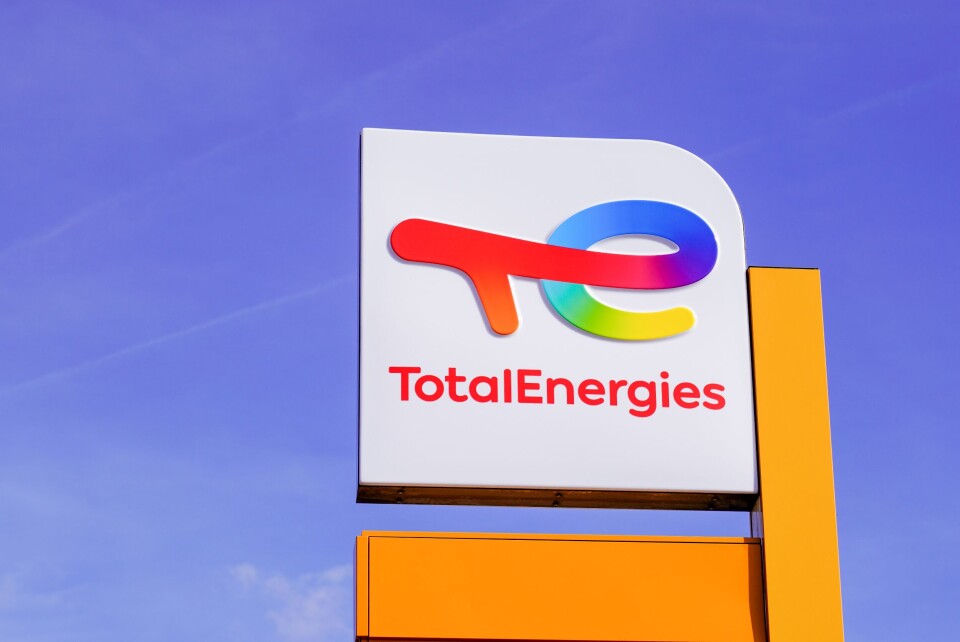-
Britons are the largest foreign community of second-home owners in Nouvelle Aquitaine
See which other departments in the region are popular with British nationals
-
Travellers risk extra costs under new Eurotunnel ticket rule
Some fare options are less flexible and less forgiving of lateness
-
May will be difficult month for train travel in France, warns minister
Two major train unions are threatening to strike and are ‘not willing to negotiate’, he says
Petrol prices in France: Will they continue to rise? Expert gives view
As some fuel costs rise again above €2 per litre, an energy expert says it looks ‘possible’ that fuel could increase to as much as €2.50 or even €3 per litre

Petrol prices in France are still increasing and remain at record highs this week, according to averages released by a specialist website yesterday (June 20).
The website carbu.com showed:
-
Unleaded 95: €2.094 per litre
-
Unleaded 98: €1.897 per litre
-
Diesel: €2.167 per litre
In the past year, unleaded fuel has risen by more than 55 centimes, and diesel by 72 centimes.
It is now common for a full tank to cost at least €100.
When asked if petrol could rise to €2.50 per litre, or even €3, Dr Thierry Bros, climate and energy expert at the Sciences Po university, said “yes, it’s possible”.
He explained: “€3 per litre is a lot, but if the price of oil continues to rise, [that price] seems fairly certain to me.”
These projected prices include the 18-centime discount, which the government introduced on April 1, and which is still being applied. In reality, the prices are 18 centimes higher.
Read more: Fuel in France: 18c refund to remain, says President Macron
Diesel has risen by more than six centimes in a week, and is approaching its March 2022 record, when it became more expensive than unleaded fuel for the first time.
It is also the fourth time in the year that diesel prices have exceeded €2 per litre.
Read more: France confirms extra aid for frequent drivers as fuel prices soar
Dr Bros explained that fuel coming from Russia was to blame.
He said: “Diesel comes from Russia. Russia is a major exporter of diesel to Europe, but also of petroleum products. For a long time, we had ‘a diesel-isation’ of cars in France without changing the refineries in Europe.
“Today Russia has become a pariah state. There is a disconnection in the diesel markets and it is more difficult to manage.”
France is still importing fuel from Russia despite having put plans in place to dramatically reduce its use of the products.
Read more: EU votes to reduce Russian oil imports by 90% before 2023
Several other factors are affecting the price in France too, including the increased fuel consumption in the US over the summer, and the euro/dollar exchange rate.
France has already dipped into its three-month stock reserves in order to curb the price increases from rising further.
Dr Bros said that “in order to lower prices, we must lower demand”.
He said that if fuel rises to €2.50 per litre, motorists may drive less, which “could have an impact”. He also said: “We could limit the speed on motorways, which is what the International Energy Agency recommends, but politicians are struggling to implement that.”
Dr Bros also said that if a recession hits, that could also bring prices down, as could a return of the Covid pandemic.
However, he said: “Obviously, no-one wants a recession, for Covid to come back, or for there to be a drop in the speed limit on motorways. So for the time being, we’ll have to live with high energy prices. We can’t say we haven’t been warned.”
Supermarket savings
Some supermarkets in France are still offering substantial fuel discounts.
Every Friday and Saturday, Géant hypermarkets and Casino supermarkets are selling fuel at 85 centimes per litre. The difference between this price and the rate actually paid is reimbursed in the form of vouchers to do your shopping afterwards.
Read more: New map shows you the cheapest petrol near you in France
TotalEnergies will also be relaunching its extra discount in addition to the government's 18-centime fuel discount.
The 10-centime extra discount will apply at 123 TotalEnergies service stations on motorways from July 1 to August 31, which will enable savings of around €15 for a full tank of 50 litres, TotalEnergies said.
The government has also pledged extra financial aid for people who are required to “heavily use” their vehicles for their livelihood.
Related articles
People in France urged to reduce energy use in case of Russian cuts
France and Germany prepare for Russian gas cut: what will effects be?
























